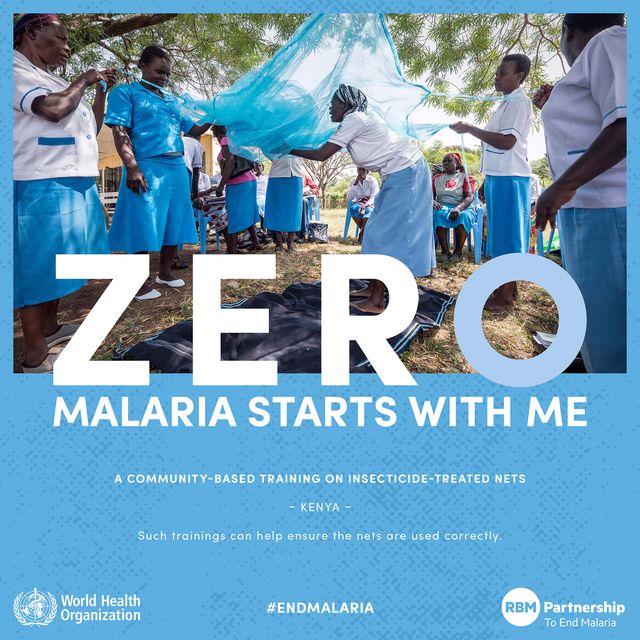World Malaria Day is a moment to celebrate the successes we have achieved as a global community in combating the world’s most deadly infectious disease. Organizations committed to tackling Malaria, such as the Global Fund, RBM Partnership, and Malaria No More, have poured billions of dollars into prevention and treatment, and the world has repeatedly shown its commitment to tackling the scourge of the disease through the provision of funds and supplies to help those most in need.
But despite advances in modern medicine and vaccines and the work of so many to fight Malaria’s spread, a quarter of a billion people a year are still infected by the disease, with more than 600,000 dying annually. Although Malaria can affect anyone, those most vulnerable are pregnant women and children, meaning the highest-burden countries are also suffering sustained challenges on gender equity.
This is compounded by political instability in countries such as Chad, Niger, Mali, Ethiopia, Sudan, and Yemen, where hungry women and children are disproportionately facing the burden of conflict and displacement but also bear the brunt of infectious disease. It is this double burden that so tragically blights the lives of millions of people across some of the world’s poorest nations. One child dies every minute from Malaria; it need not be this way. So, on this Malaria day, we stand for the millions in need, facing a world in which they are neither safe from conflict nor from deadly disease.
With pressures on Global Health funding increasing, it is vital that the world continues to recognize the ongoing challenge of Malaria and its impact on the hundreds of millions of lives it affects. Now is not the time to reduce attention or resources. Health systems in the highest-burden countries are fragile and stretched to capacity, and without continued focus, the world risks backsliding on the world’s most deadly disease.

